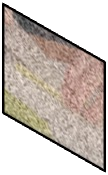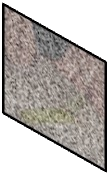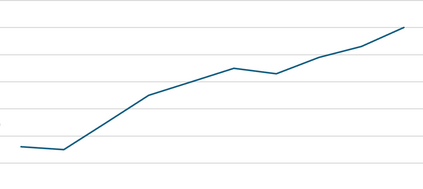Recent works have demonstrated the effectiveness of reinforcement learning (RL)-based post-training for enhancing the reasoning capabilities of large language models (LLMs). In particular, Group Relative Policy Optimization (GRPO) has shown impressive success using a PPO-style reinforcement algorithm with group-normalized rewards. However, the effectiveness of GRPO in Video Large Language Models (VideoLLMs) has still been less studyed. In this paper, we explore GRPO and identify two problems that deteriorate the effective learning: (1) reliance on safeguards, and (2) vanishing advantage. To mitigate these challenges, we propose DeepVideo-R1, a video large language model trained with Reg-GRPO (Regressive GRPO) and difficulty-aware data augmentation. Reg-GRPO reformulates the GRPO loss function into a regression task that directly predicts the advantage in GRPO, eliminating the need for safeguards such as the clipping and min functions. It directly aligns the model with advantages, providing guidance to prefer better ones. The difficulty-aware data augmentation strategy augments input prompts/videos to locate the difficulty of samples at solvable difficulty levels, enabling diverse reward signals. Our experimental results show that our approach significantly improves video reasoning performance across multiple benchmarks.
翻译:暂无翻译




































